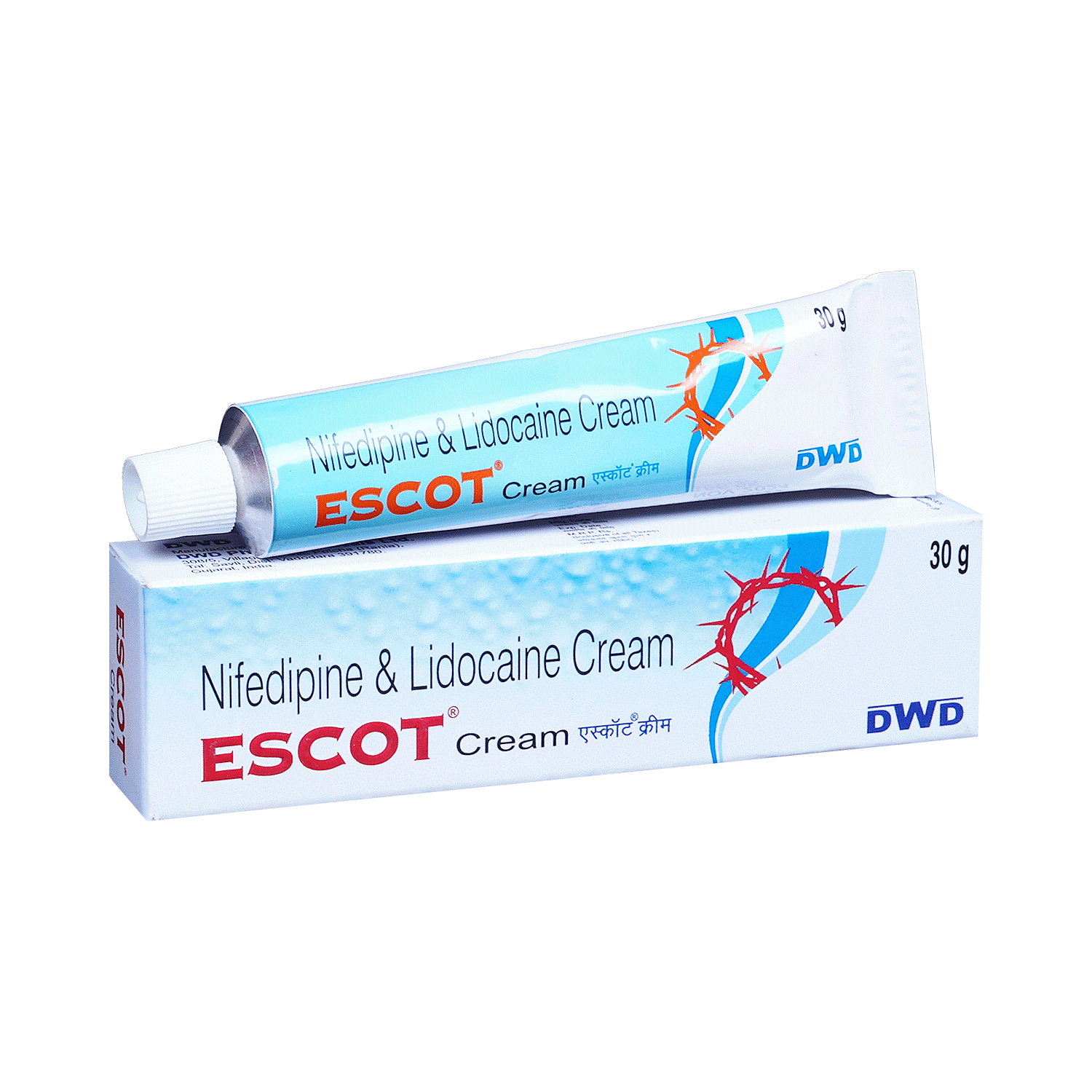
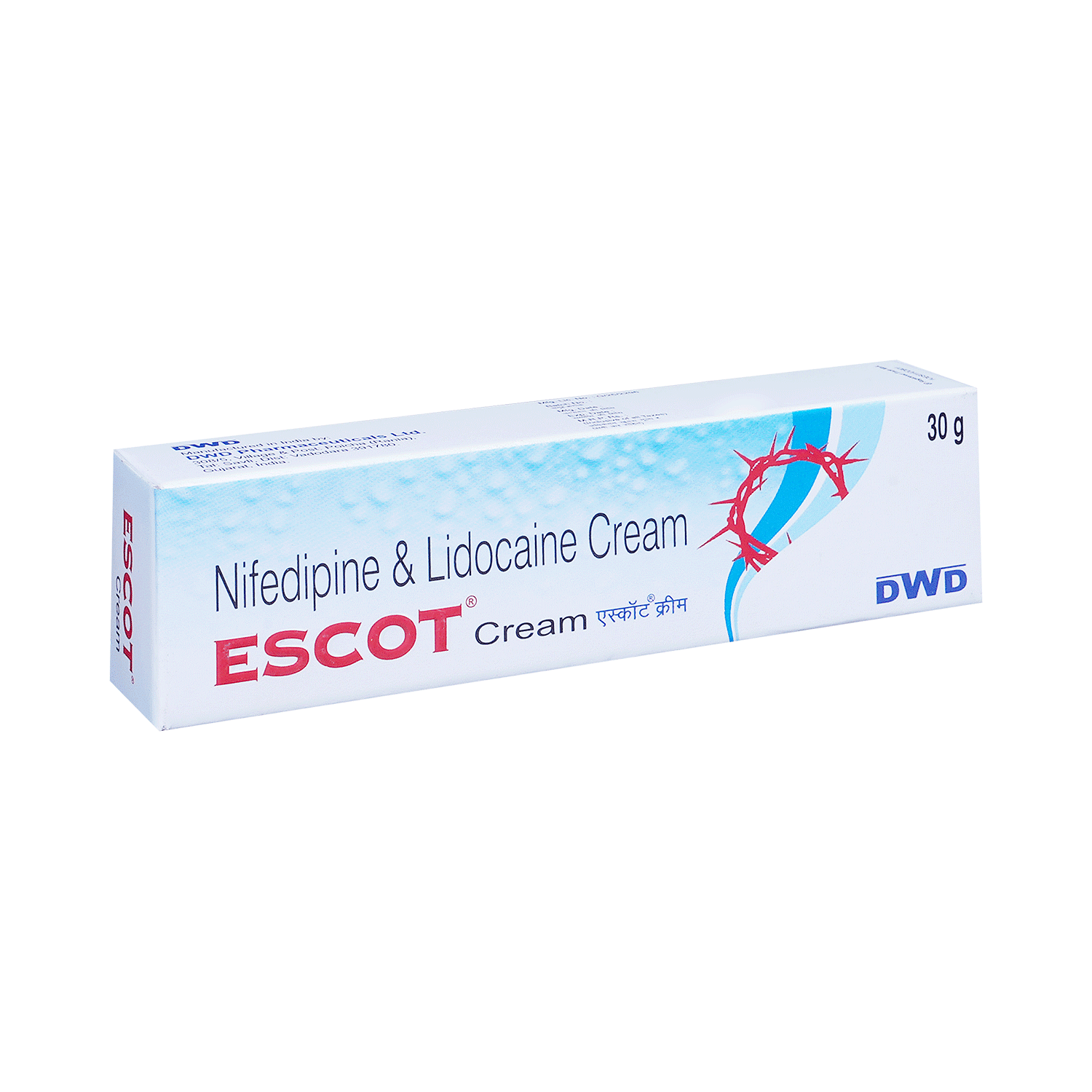
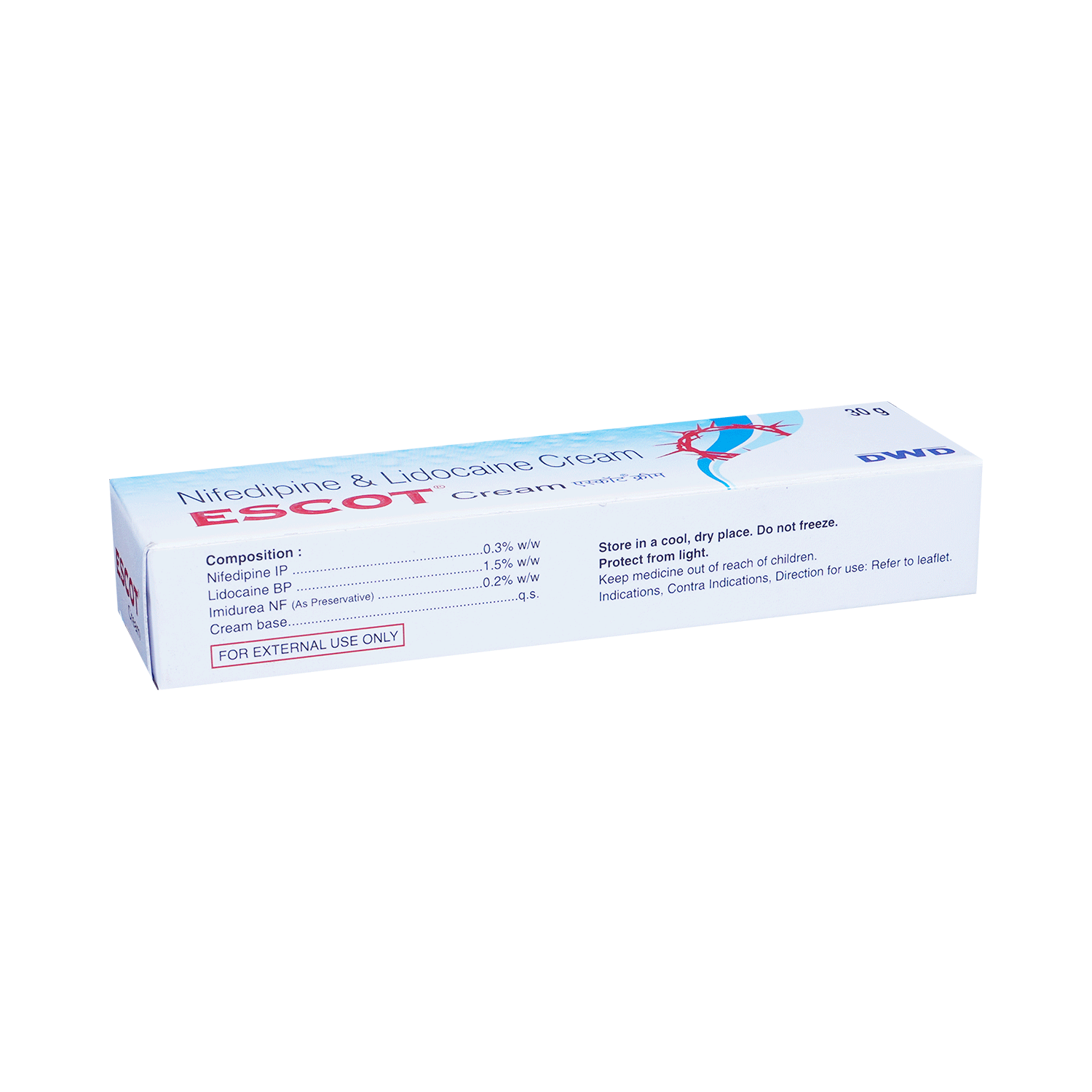
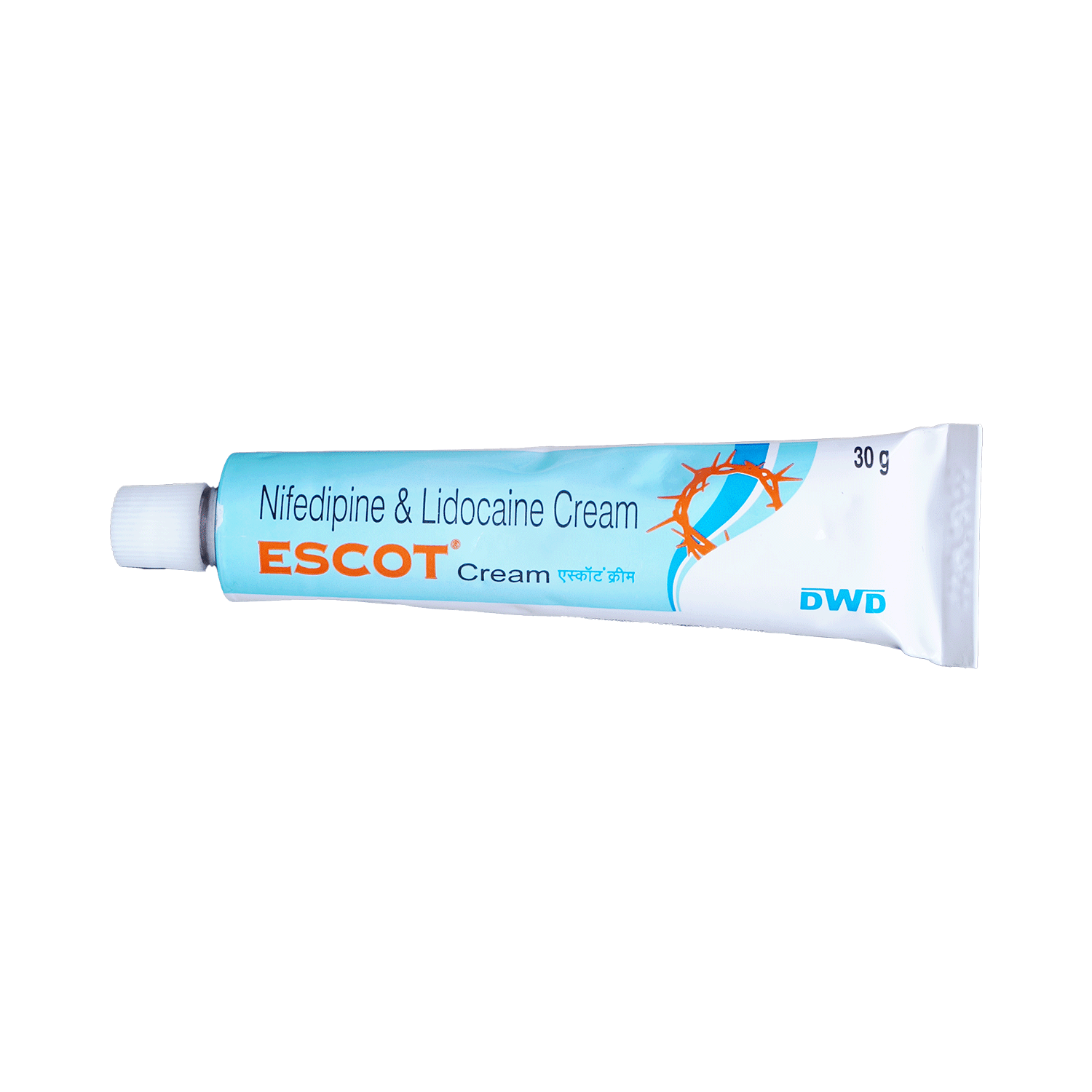

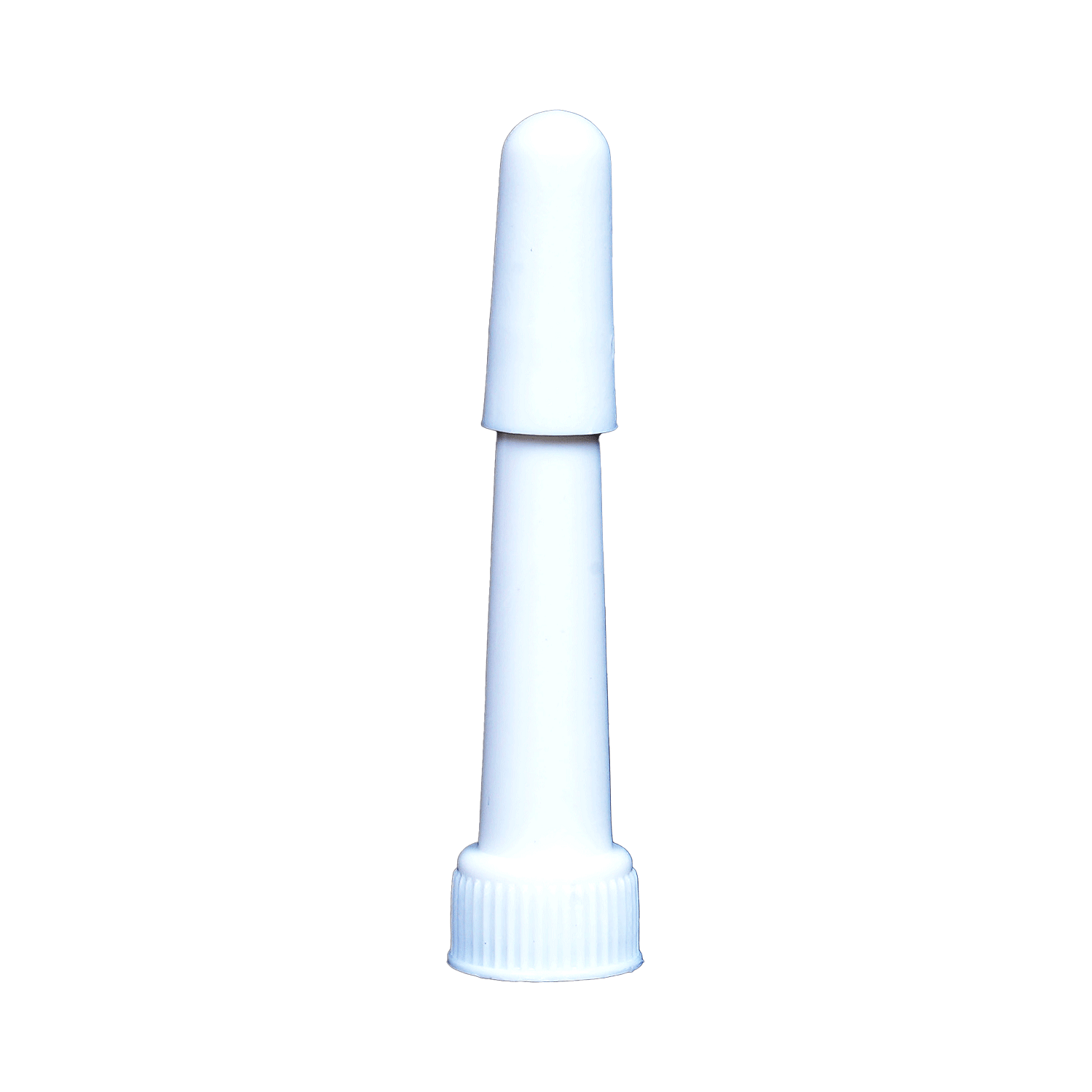
Escot Cream
Manufacturer
DWD Pharmaceuticals Ltd
Salt Composition
Nifedipine (0.3%w/w) + Lidocaine (1.5%w/w)
Key Information
Short Description
Escot Cream is a combination of two medicines used in the treatment of anal fissures (tear in the lining of the anus). It relieves the pain, swelling, itching, and discomfort associated with the passing of stools in people who suffer from problems in the anal area.
Dosage Form
Rectal Cream
Introduction
Escot Cream relaxes the blood vessels in the anus thus helping in the healing of anal fissures. It should be used in the dose and duration as directed by your doctor. Do not stop using it suddenly without talking to your doctor as it may lead to worsening of your condition. Before applying this medicine clean and dry the affected area. Make sure to wash your hands thoroughly before and after applying this medicine. Avoid getting this medicine into your eyes, nose, or mouth. If accidental exposure occurs, wash your eyes with water and seek immediate medical attention. This medicine is generally well tolerated with minimal or no side effects. However, slight anal irritation may occur as a side effect of this medicine. This is temporary and usually resolves on its own in some time. Please consult your doctor if it does not resolve or persists for a longer duration. Inform your doctor immediately if you notice worsening of the infection or if you develop increased redness and irritation.
Directions for Use
This medicine is for external use only. Use it in the dose and duration as advised by your doctor.
Safety Information
Side Effects
No common side effects listed.
Alcohol Warning
No interaction found/established
Breastfeeding Warning
Escot Cream is probably safe to use during breastfeeding. Limited human data suggests that the drug does not represent any significant risk to the baby.
Pregnancy Warning
Escot Cream may be unsafe to use during pregnancy. Although there are limited studies in humans, animal studies have shown harmful effects on the developing baby. Your doctor will weigh the benefits and any potential risks before prescribing it to you. Please consult your doctor.
How it works
Escot Cream is a combination of two medicines: Lidocaine and Nifedipine. Lidocaine is a local anesthetic. It works by blocking pain signals from the nerves to brain which decreases pain sensation. Nifedipine is a calcium channel blocker (CCB). It works in anal fissure by blocking the action of calcium on blood vessels of anus.
Quick Tips
It is for administration into the rectum (back passage). It must not be taken by mouth. Use the applicator provided to insert a measured dose of cream into your back passage. Avoid getting it in the eyes, mouth or nose. Rinse with cold water if you accidentally get it in these areas. Tips to prevent constipation that can cause anal fissure: Drink plenty of fluids to stay hydrated. Have fiber-rich food such as whole grains, oatmeal, and citrus fruits. Exercise regularly. Do not sit on the toilet for too long. Do not ignore your urge to go to the washroom.
Related Medicines
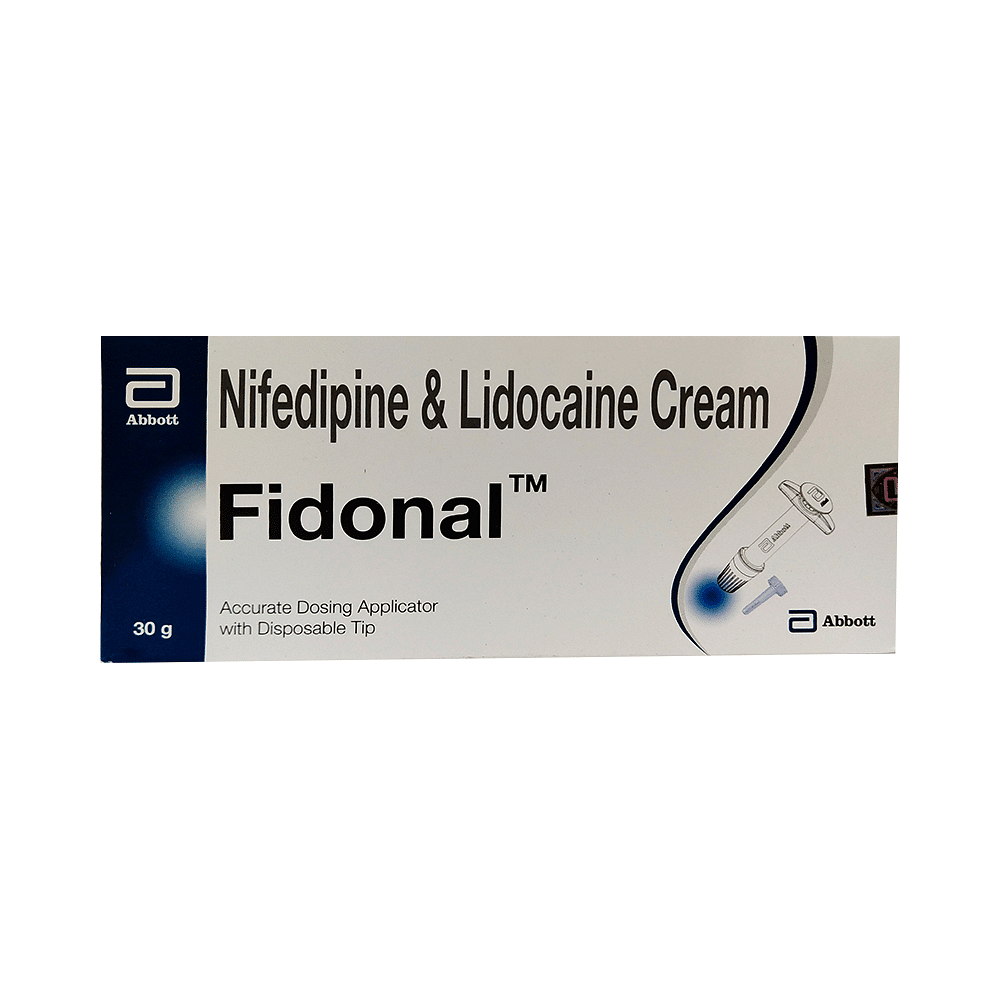
Fidonal Cream
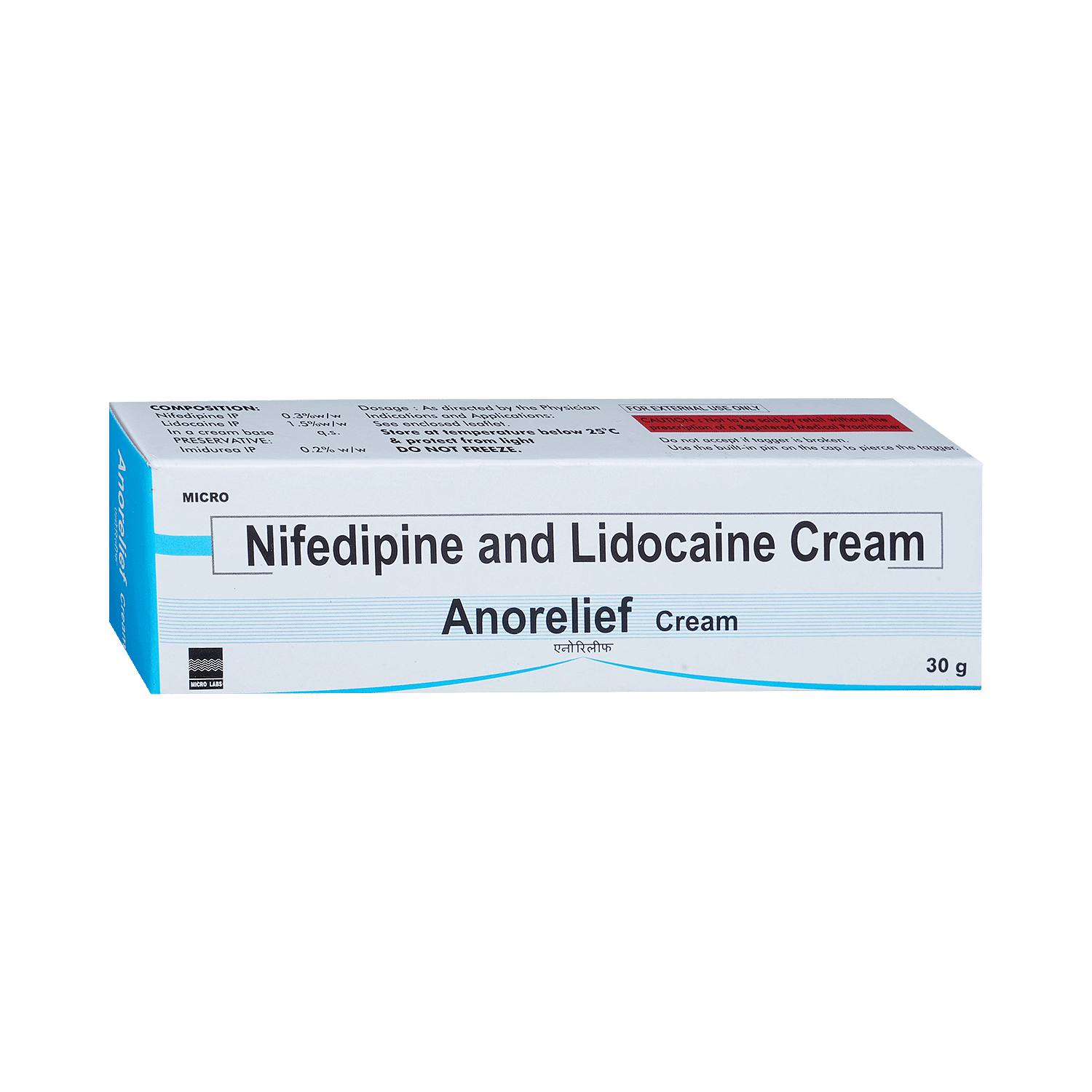
Anorelief Cream
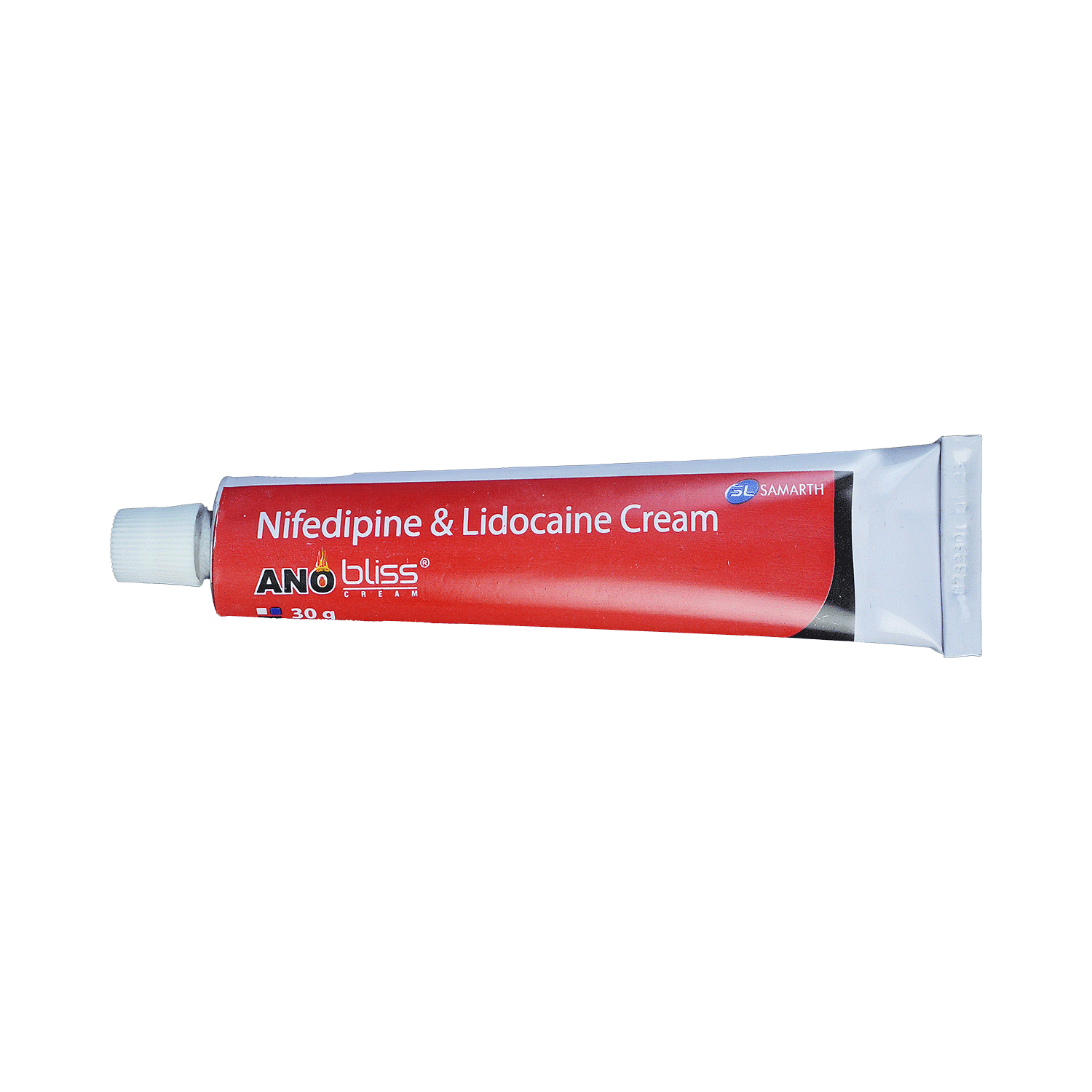
Anobliss Cream
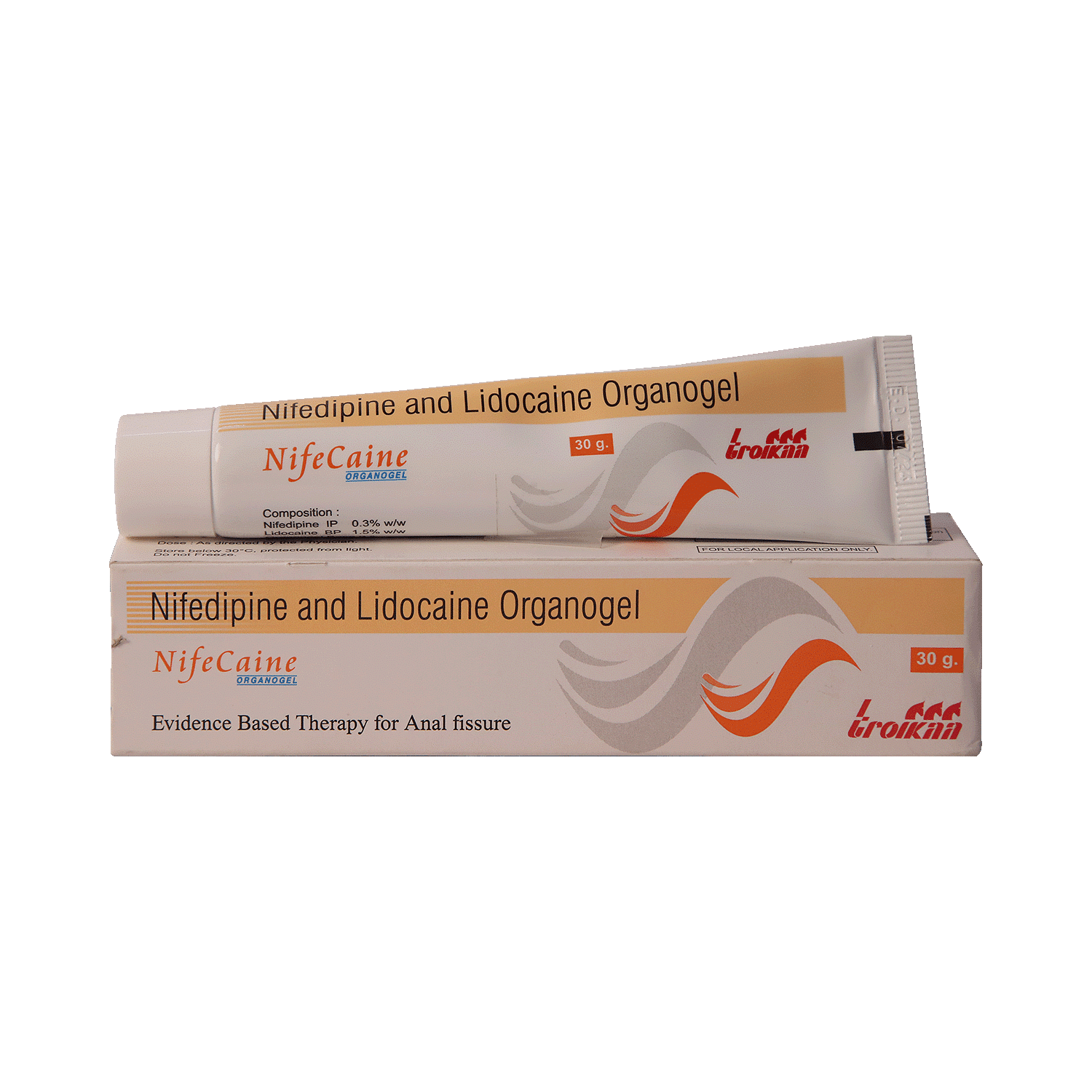
Nifecaine Cream

Anomed L Cream
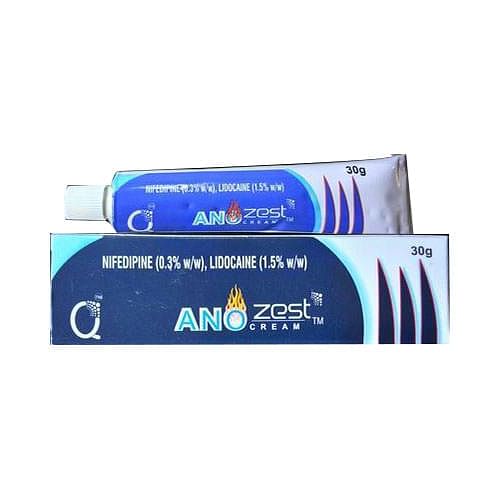
Anozest Cream

Nifedip LA Cream
Frequently asked questions
Does Escot Cream cure anal fissures?
No, Escot Cream does not cure fissures, but it reduces inflammation of the mucous membrane and skin, alleviating pain, itching, and irritation, providing symptomatic relief.
Why is my fissure not healing?
Fissures typically heal within a few weeks. However, if they do not, it may be due to poor blood circulation, which can slow down the healing process. If you have been experiencing issues for more than a few weeks, it is recommended that you consult a doctor immediately.
What should I eat and avoid in fissure?
A fiber-rich diet, including vegetables, fresh fruits, and whole grains, is essential for individuals with fissures. It is also important to drink plenty of water and avoid consuming alcohol. Your doctor may also recommend laxatives or fiber supplements to promote digestion and prevent constipation, which can aid in the healing process.
Can spicy food cause fissures?
Spicy foods do not cause fissures, but they can exacerbate symptoms. It is recommended to avoid consuming spicy foods if you are experiencing fissure-related issues.
How do you use Escot Cream cream?
Before using Escot Cream, follow your doctor's instructions. Apply a small amount of the ointment to the affected rectal area as directed. If using the cream rectally, attach the rectal applicator to the tube, gently insert it into the rectum, and squeeze the tube to deliver the medication while withdrawing it.
How long does it take to heal fissures?
Fissures typically heal within a few weeks. However, if they persist for longer than 4-6 weeks, they are considered chronic. It is recommended that you consult your doctor without delay if you have been experiencing fissures for more than 4 weeks.


